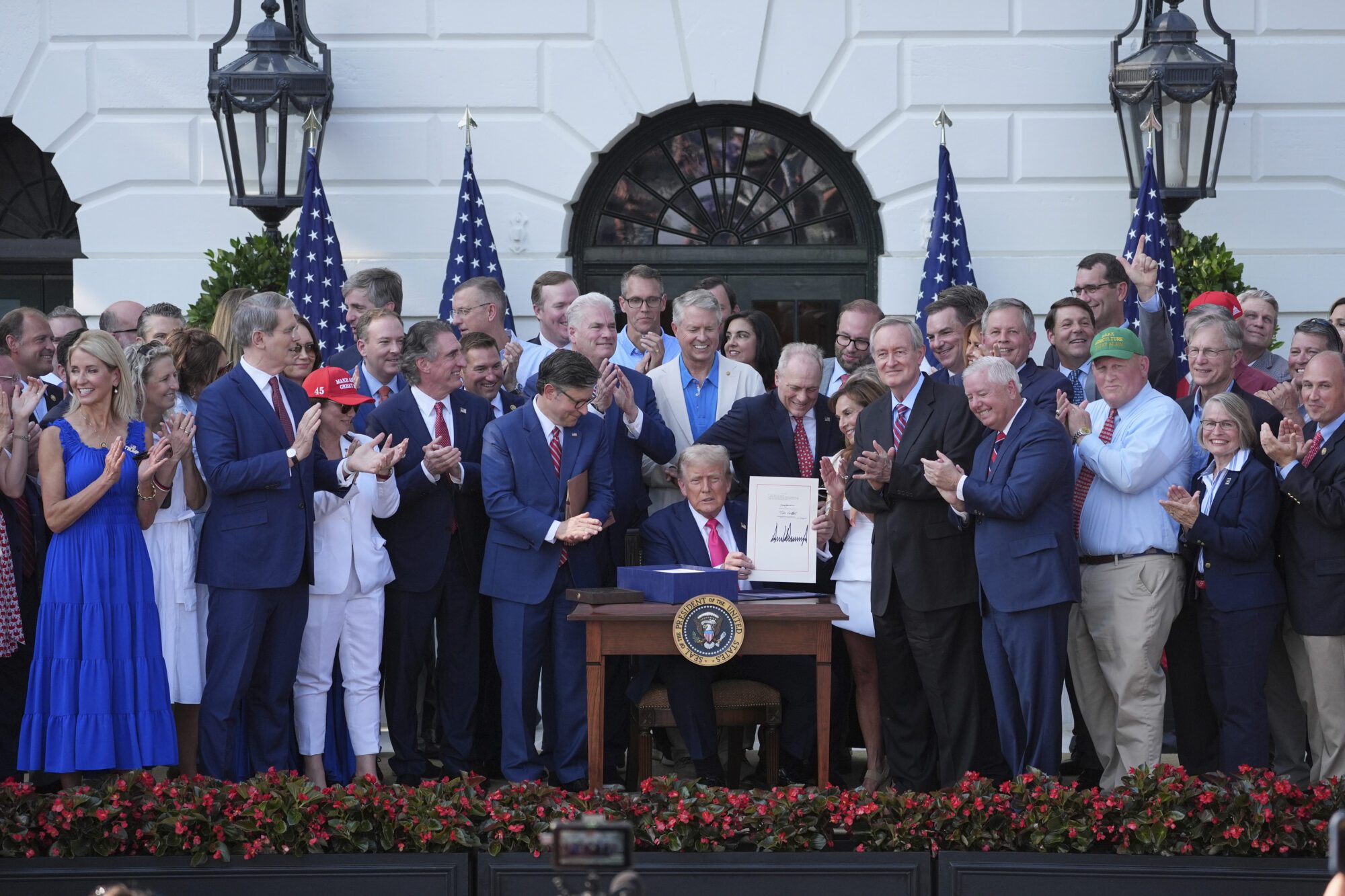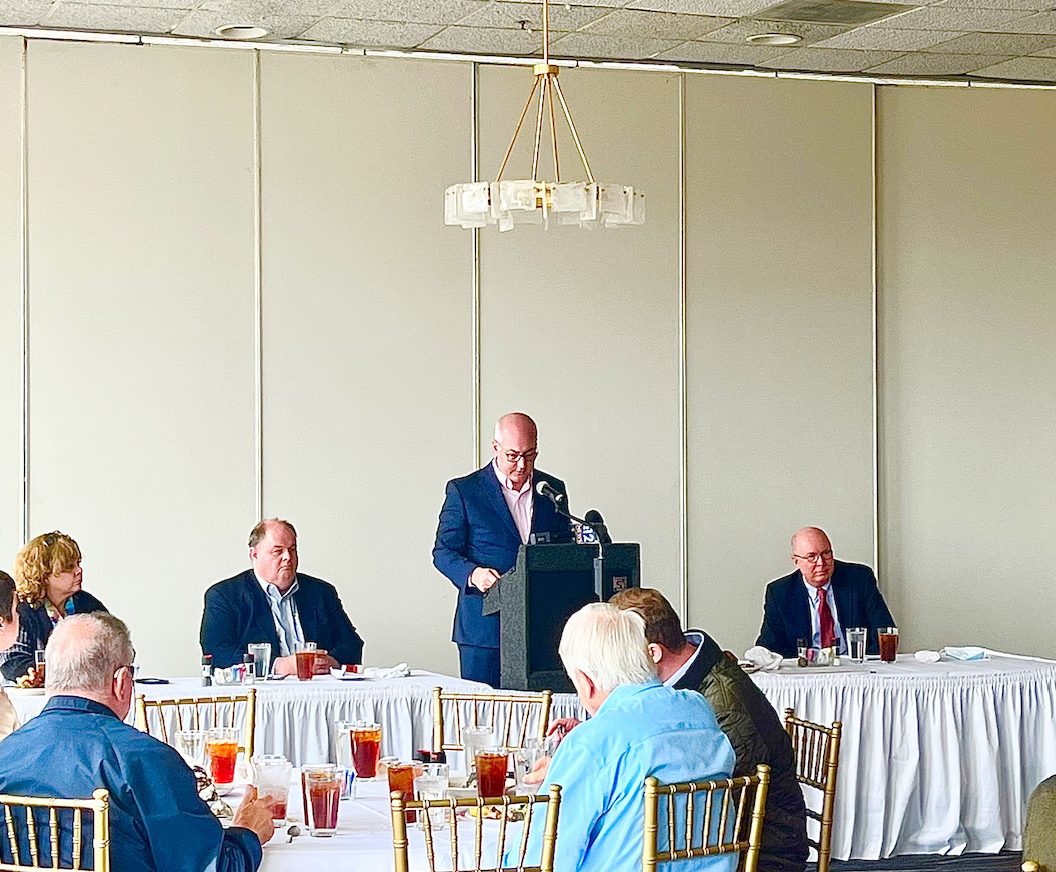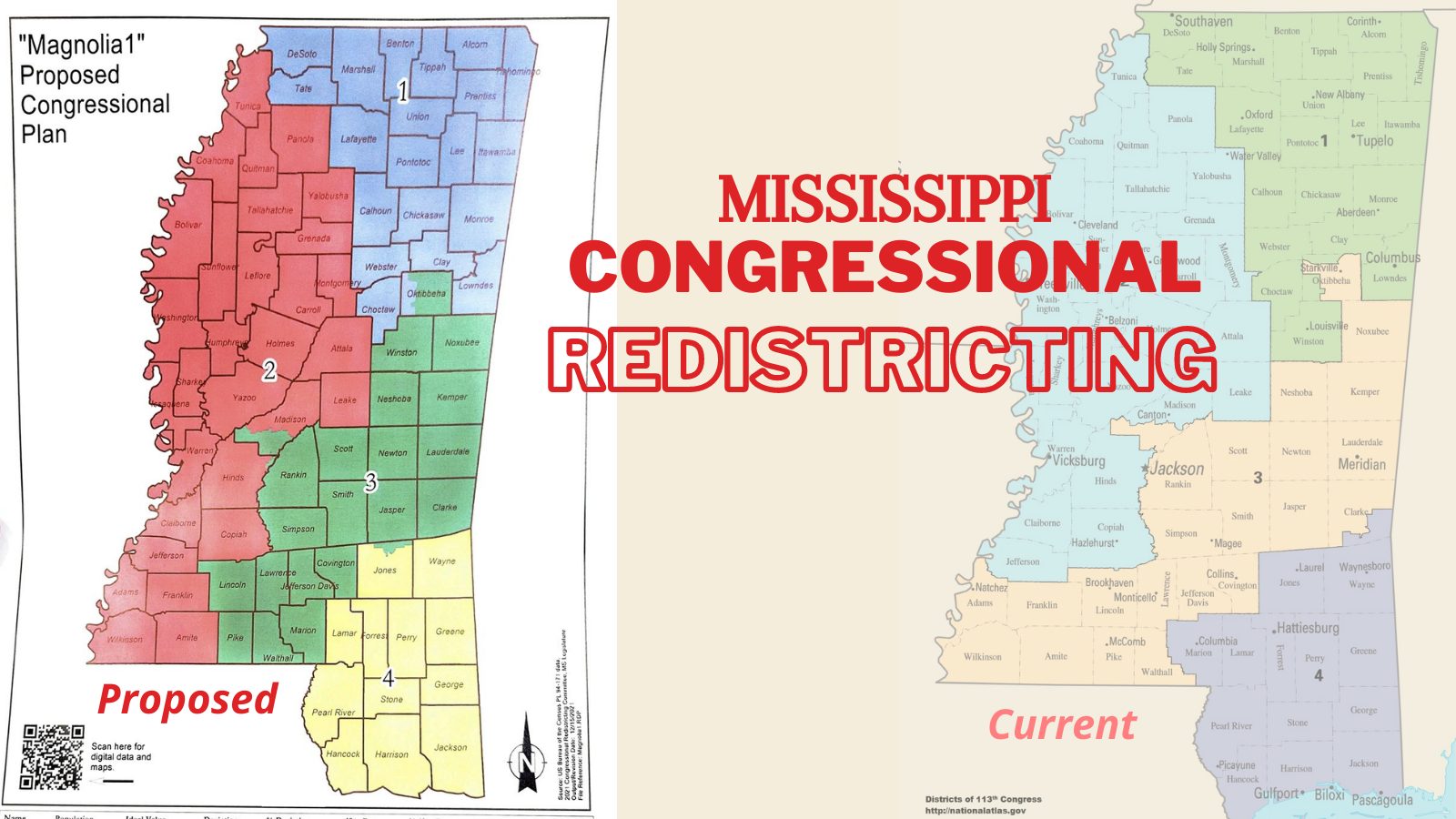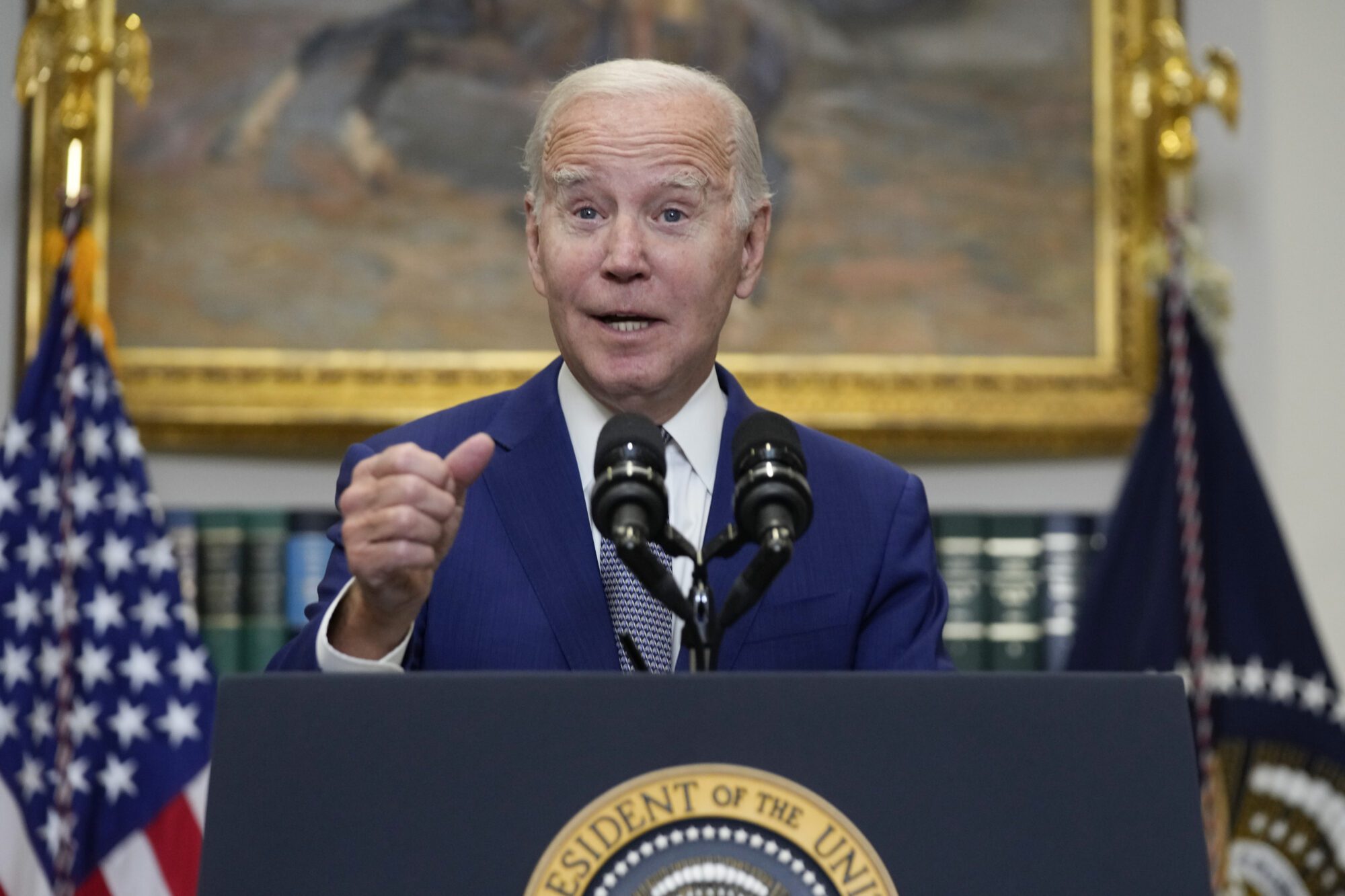
Greg Snowden, Director of the Administrative Office of Courts
Incarceration savings due to intervention during the past 10 years exceeds $586 million, Director Snowden says.
The Administrative Office of Courts made requests to the House and Senate Appropriations Subcommittees last Wednesday regarding FY2023 funding for intervention and youth courts, funding for parent representation, and all other operations.
The budget requests were made by Director Greg Snowden, former Speaker Pro Tem of the House, who informed members that the seventy-six percent of the requests will go to local communities.
Snowden also asked the Legislature to create four new positions for the courts, including a language access coordinator, a cyber security specialist, a research statistician and a grant officer.
“A language access coordinator is critical,” and is required by federal law, Snowden said, noting the need for a position dedicated to dealing with the demand for language interpreters in court proceedings.
Snowden outlined that intervention courts made up $23 million in savings in incarceration costs during the first five months of FY 2022. He said the annual savings is expected to reach $55 million.
Incarceration savings during the past 10 years exceed $586 million, a half billion dollar benefit to the citizens of the state of Mississippi. Participants receive help, under court supervision, to lead productive lives rather than costing taxpayers to spend time in prison.
Chair of the House Appropriations Subcommittee, Angela Cockerham, praised the work of the intervention courts calling them “instrumental to the judiciary.” She also commended the Supreme Court on its work keeping courts open during the pandemic.

A request for funding to expand parent representation into additional youth courts was also made. The money will provide attorneys to represent indigent parents in youth courts. Snowden told the Senate subcommittee, “It’s critical that they have representation for basic fairness.”
Casey Family Programs began the move for parent representation in 2012 by funding attorneys to represent indigent parents in three pilot counties. Now more than 30 counties provide some level of parent representation. A few have local funding. The majority of those are funded by legislative appropriations, grants from Casey Family Programs and a Federal Court Improvement Basic Grant.











